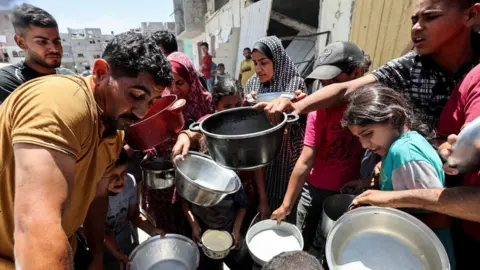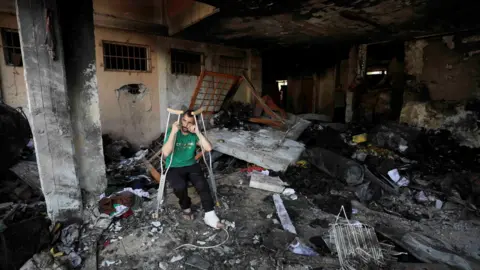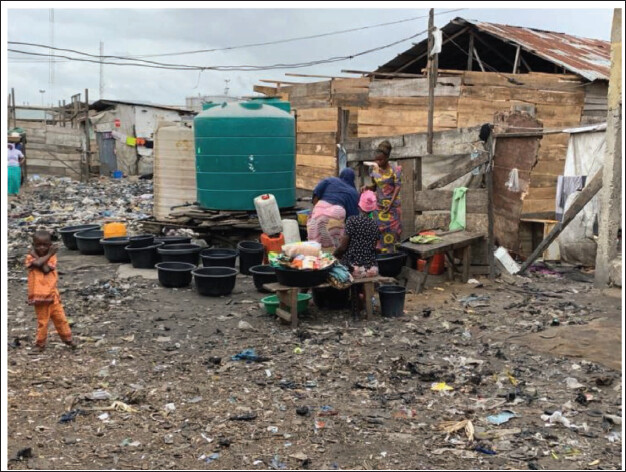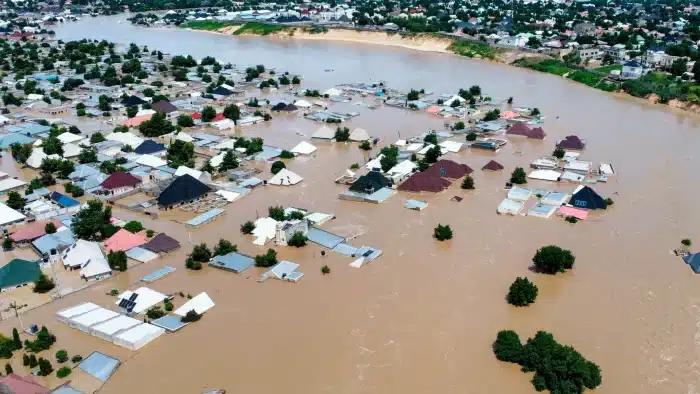9 minutes ago
By David Gritten, BBC News

 Reuters
Reuters
The World Food Programme said the report “paints a stark picture of ongoing hunger” in Gaza
A UN-backed assessment says almost half a million Palestinians across Gaza are still facing “catastrophic levels” of hunger and that a “high risk” of famine persists as long as the Israel-Hamas war continues and humanitarian access is restricted.
However, the report by the Integrated Food Security Phase Classification (IPC) says the available evidence does not indicate a famine is currently occurring in the north of the Palestinian territory.
The previous assessment in March had projected that one was imminent in the area.
The amount of food and other aid allowed into the north has increased since then, and nutrition, water, sanitation and health services have been stepped up, the report says.
But it warns that food availability in the south and central Gaza has been significantly reduced due to the closure of the Rafah border crossing and the displacement of more than one million people from the city of Rafah since early May, when Israel launched a ground operation there.
The UN World Food Programme (WFP) said the report “paints a stark picture of ongoing hunger” and showed the critical importance of sustained humanitarian access.
UN officials have blamed the situation on Israeli military restrictions on aid deliveries, the ongoing hostilities and the breakdown of law and order.
Israel insists there are no limits to the amount of aid that can be delivered into and across Gaza and blames UN agencies for failing to distribute supplies. It also accuses Hamas of stealing aid, which the group denies.
The Israeli military launched a campaign to destroy Hamas in response to an unprecedented attack on southern Israel on 7 October, during which about 1,200 people were killed and 251 others were taken hostage.
More than 37,650 people have been killed in Gaza since then, according to the territory's Hamas-run health ministry.
The IPC - a global initiative by UN agencies, aid groups and governments - is the primary mechanism the international community uses to conclude whether a famine is happening.
Households are classified as IPC Phase 5 (Catastrophe) if they experience an extreme lack of food, starvation and exhaustion of coping strategies.
For a famine to be officially declared in a specific area, there must be evidence that at least 20% of households are in Phase 5, 30% of children are suffering from acute malnutrition, and there are two deaths for every 10,000 inhabitants, or four child deaths out of 10,000 children per day, “due to outright starvation or to the interaction of malnutrition and disease”.
In March, the IPC classified 677,000 Gazans - or 30% of the 2.2 million population - as being in Phase 5, including 165,000 people trapped in northern Gaza. It also projected that a famine was “imminent” in the north by the end of May because of conflict and the near-complete lack of humanitarian access.
Israel rejected that analysis, questioning the IPC’s transparency, methodology and sources of information.
The IPC assessment published on Tuesday says more than 495,000 Gazans, including 60,000 in the north, are still facing catastrophic hunger.
“In contrast with the assumptions made for the projection period (March – July 2024), the amount of food and non-food commodities allowed into the northern governorates increased,” it says.
“Additionally, the response in the nutrition, water sanitation and hygiene (WASH) and health sectors was scaled up. In this context, the available evidence does not indicate that famine is currently occurring.”
Although an estimated 20% of households in the north are in Phase 5, the thresholds of acute malnutrition and mortality have not been passed, it explains.
The World Health Organization said earlier this month that 32 deaths attributed to malnutrition, including 28 among children under five years old, had been reported by local health officials.
The IPC report warns that there continues to be “a high and sustained risk of famine across the whole Gaza Strip”, and that the improvement in April and May “should not allow room for complacency”.
The WFP said the “slight improvement” seen in the IPC report showed the difference that greater access could make, but stressed that the situation was “still desperate”.
“To truly turn the corner and prevent famine, adequate and sustained levels of humanitarian assistance must be provided,” it added.
Meanwhile, the head of the UN agency for Palestinian refugees (Unrwa) told reporters in Geneva that at least 10 children a day on average were losing one or both of their legs because of the war.
Philippe Lazzarini said that figure did not include children who had lost hands or arms, and that the amputations usually took place in what he described as “quite horrible conditions” and sometimes without anaesthetic.

 Reuters
Reuters
Two schools in northern Gaza were struck by Israeli aircraft early on Tuesday
In Gaza, at least 24 people - including the sister of Hamas’s Qatar-based political chief Ismail Haniyeh - were reportedly killed in three Israeli air strikes in northern Gaza early on Tuesday.
Health officials told Reuters news agency that 14 people were killed in strikes on two schools used as shelters by displaced people in the central Daraj area of Gaza City and the urban Shati refugee camp, to the north.
The Israeli military said in a statement that aircraft had struck “two structures that were being used by Hamas terrorists” in Shati and Daraj.
“The terrorists operated inside school compounds that were used by Hamas as a shield for its terrorist activities,” it added, accusing some of them of being involved in holding hostages and taking part in the 7 October attack.
Hamas has previously denied using schools for military purposes.
The other 10 people were said to have been killed in a pre-dawn strike on a house in Shati. A neighbour and Palestinian media identified those killed as Ismail Haniyeh's sister Zahr and nine members of her family.
Mr Haniyeh - who also lost three of his sons and several grandchildren in a strike in April - said the killing of his relatives would not make Hamas change its stance and reaffirmed the group’s demands for a ceasefire and hostage release deal.
Th Israeli military has so far not commented on the reports.
Médecins Sans Frontières meanwhile expressed outrage at the “horrific and cynical” killing of one of its staff members in an attack in Gaza City on Tuesday morning.
Physiotherapist Fadi al-Wadiya was killed along with five other people, including three children, as he cycled to the MSF clinic where he worked, the charity said, without blaming any party.
The Israeli military later announced that it had killed Fadi al-Wadiya in an air strike, accusing him of being a “significant [Palestinian] Islamic Jihad terrorist” who had developed the group’s rockets array.

 11 months ago
67
11 months ago
67















 English (US) ·
English (US) ·